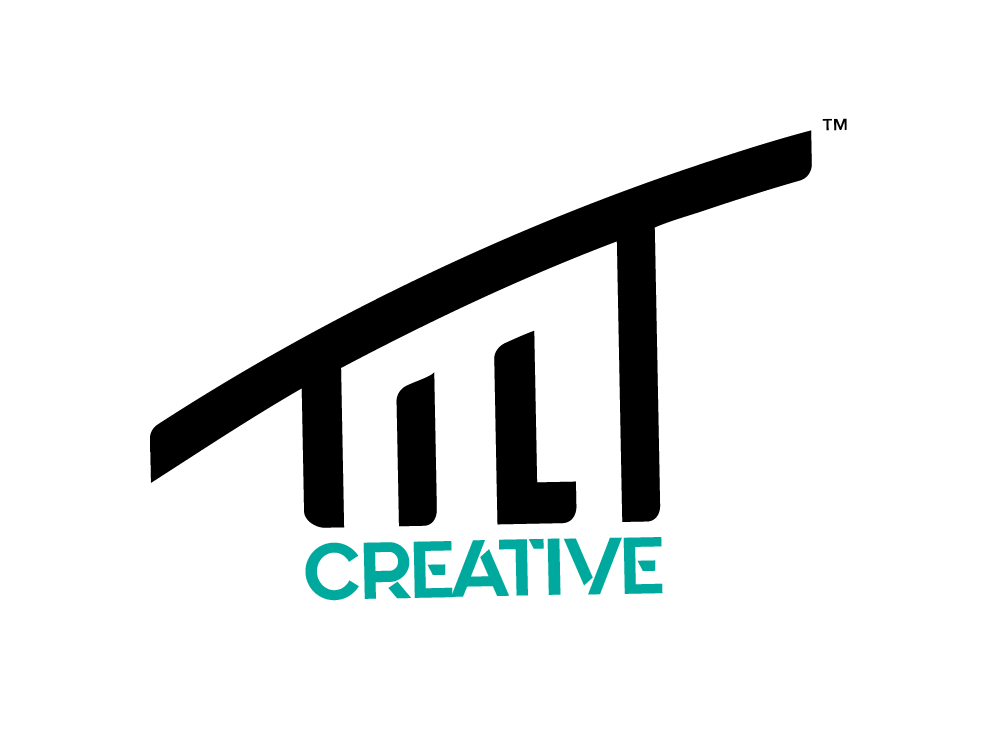Cash flow is a critical aspect of running a successful business, especially for small and medium-sized enterprises (SMEs). Managing cash flow effectively can mean the difference between success and failure for an SME. In this article, we will explore some tips on how SMEs can manage their cash flow effectively, including budgeting, forecasting, and controlling expenses.
Tip #1: Create a Cash Flow Budget
Creating a cash flow budget is an essential step in managing cash flow effectively. A cash flow budget helps SMEs understand their cash inflows and outflows, which is critical for maintaining a healthy cash balance. To create a cash flow budget, SMEs need to track their cash inflows and outflows for a given period, such as a month or a quarter. This will help them understand how much cash they have coming in and going out, and where their money is going.
Tip #2: Forecast Cash Flow
In addition to creating a cash flow budget, forecasting cash flow is another critical step in managing cash flow effectively. Forecasting cash flow helps SMEs predict their future cash inflows and outflows, which is essential for making informed decisions about their business. Forecasting cash flow can also help SMEs identify potential cash flow problems before they happen, which can give them time to take corrective action.
Tip #3: Control Expenses
Controlling expenses is another important aspect of managing cash flow effectively. SMEs need to be mindful of their expenses and identify areas where they can reduce costs. This could include renegotiating contracts with suppliers, reducing overhead costs, or finding more cost-effective ways to deliver products or services. By controlling expenses, SMEs can free up cash that can be used to reinvest in their business or pay down debt.
Tip #4: Monitor Accounts Receivable
Monitoring accounts receivable is another critical aspect of managing cash flow effectively. SMEs need to keep track of their outstanding invoices and follow up with customers who are slow to pay. This can help SMEs improve their cash inflows and reduce the risk of cash flow problems. SMEs can also consider offering incentives for customers who pay their invoices early, such as discounts or other perks.
Tip #5: Manage Inventory
Managing inventory is another important factor in managing cash flow effectively. SMEs need to be mindful of their inventory levels and avoid overstocking. Overstocking can tie up cash that could be used for other purposes, such as investing in new products or services or paying down debt. SMEs can also consider implementing a just-in-time inventory system, which involves ordering inventory as needed rather than keeping large amounts of inventory on hand.
Tip #6: Monitor Cash Reserves
Monitoring cash reserves is essential for managing cash flow effectively. SMEs need to maintain a healthy cash balance to ensure that they can cover their expenses and invest in their business. SMEs should set aside a portion of their cash reserves for unexpected expenses or emergencies. This can help SMEs avoid cash flow problems and ensure that they have the resources they need to succeed.
Tip #7: Consider Financing Options
Finally, SMEs should consider financing options as a way to manage cash flow effectively. Financing options such as lines of credit or loans can provide SMEs with the cash they need to invest in their business or cover unexpected expenses. SMEs should carefully consider their financing options and choose the option that best fits their needs and budget.
Managing cash flow effectively is critical for the success of small and medium-sized enterprises. SMEs should create a cash flow budget, forecast cash flow, control expenses, monitor accounts receivable, manage inventory, monitor cash reserves, and consider financing options to ensure that they have the cash they need to succeed. By following these tips, SMEs can maintain a healthy cash balance, avoid cash flow problems, and invest in their future growth. By implementing these strategies, SMEs can establish a solid foundation for managing their cash flow effectively and building a thriving business.
About Désiré Roberts
Brand Consultant @ TILT Creative
Désiré is a senior brand consultant obsessed with brand growth. With over a decade of experience, she has worked with all sizes of companies, from all over the world, across various industries. She’s different because she doesn’t play by the rule book and she loves the challenge of the learning curves of every industry, which has given her an unrivalled competitive edge with an incredible body of knowledge and experience. She’s laser focused, meticulous, ambitious, persevering, and self-driven.
“When you’re a medium to large company, you need a level of authority that’s divergent from the small business sector. The competition is stronger and the stakes are much higher. The same brand tactics will not work; there’s millions of pounds on the line. You have to find someone who is willing to push boundaries and not just think outside of the box, but think outside of the universe. You must change your perspective to play in this ring, else you be knocked out in the first round.
Likewise, when you’re growing a small business, you can’t use the same rule book as the big boys – you have to play the game of your own sector, just better than your competitors. The interesting thing is that not many SMEs pay attention to brand, so just by tightening that area up, you’re instantly in a much better position than your competitors.”
Since you’re looking for someone to level up your brand, you need not look any further; you’ve found it.
Book a call below.

